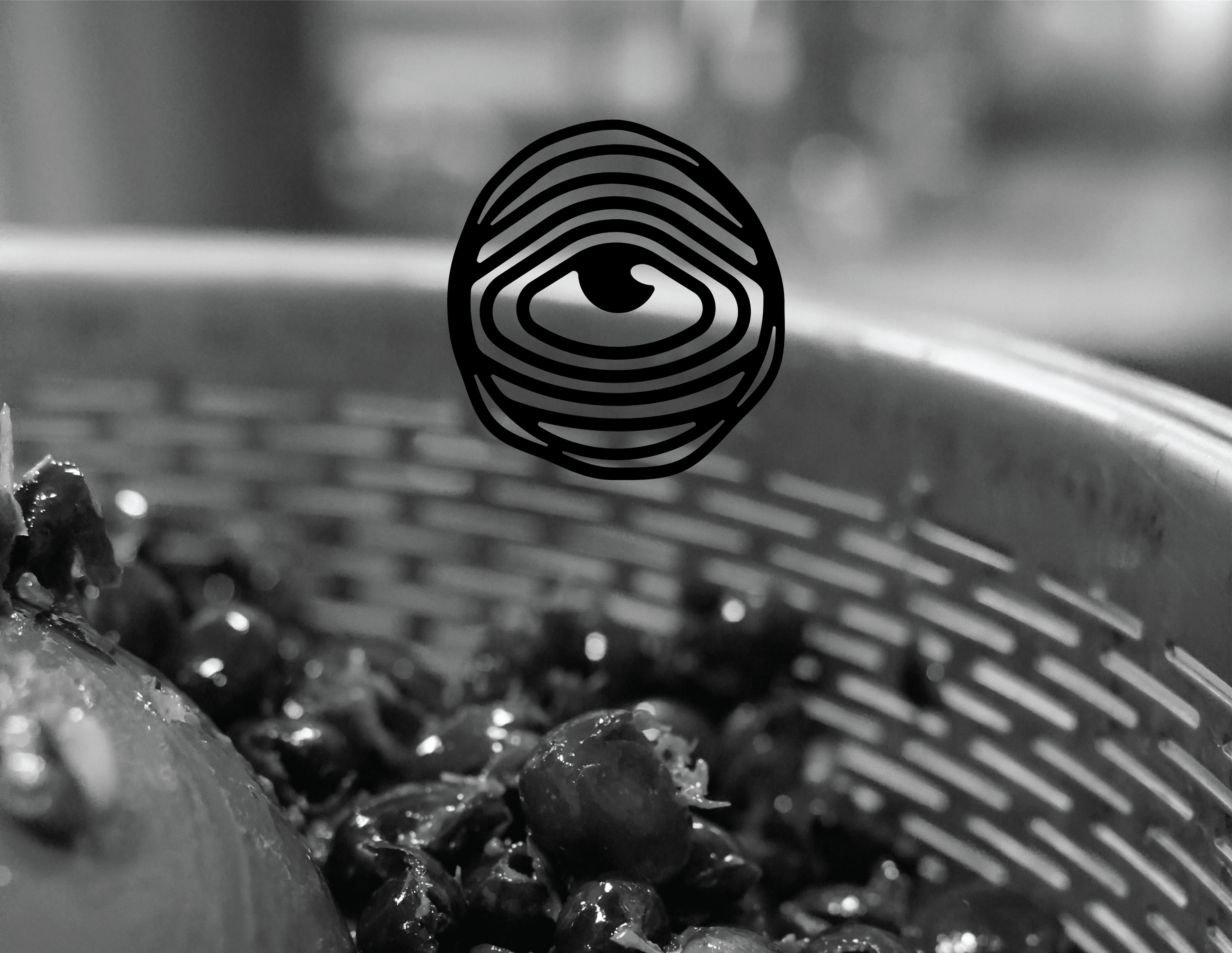Low-Caf. For cutting back, not out.
This year, it’s all about balance. New Year, Same Love for Coffee.

This year, it’s all about balance. New Year, Same Love for Coffee.

Our [Lost Origin Lab] journey of experimentation has been influenced by our knowledge in beer making. Hence, several of our batches were fermented using microbe strains commonly used in the beer industry. However, we had a compromise to step into the unknown. During our first processing season, we had the opportunity to work with Chr Hansen, which is a global company dedicated to bioscience. Through this collaboration we were granted access to a few strains we had not had the chance to work with before, among which were L. thermotolerans and Pichia kluyveri.
L. thermotolerans is a yeast species that is commonly found in grapes, plants and soil. As such, it is extensively used in wine fermentations. In terms of beer production, L. thermotolerans is a species whose popularity has been increasing in recent years as an alternative strain for the production of sour beer. However, it is still not considered to be the main strain for the production of sour beer styles, and is currently not used in our brewery facility.
Pichia kluyveri is a microorganism that has been widely studied due to its ability to produce high volatile compound concentration as a result of its metabolism. Similar to L. thermotolerans, it is a species that is widely used in wine making.
In order to assess the impact of microbe metabolism as an isolated variable, and get familiarized with these microbes, we designed a few trial series. The first trial was composed of three lots, all of which used geisha cherries harvested from Don Benjie’s estate. The purpose of this first experiment was to compare how the cup profile was altered through varying microbe metabolism. For this reason, these batches were held under the same temperature, and were inoculated with Pichia kluyveri, L. plantarum, and a mixed starter culture of both microbes, correspondingly.
This particular lot has very clear notes of Jasmine, and a characteristic phosphoric acidity of Panamanian geisha. It has a good body with a sugarcane sweetness.

Information